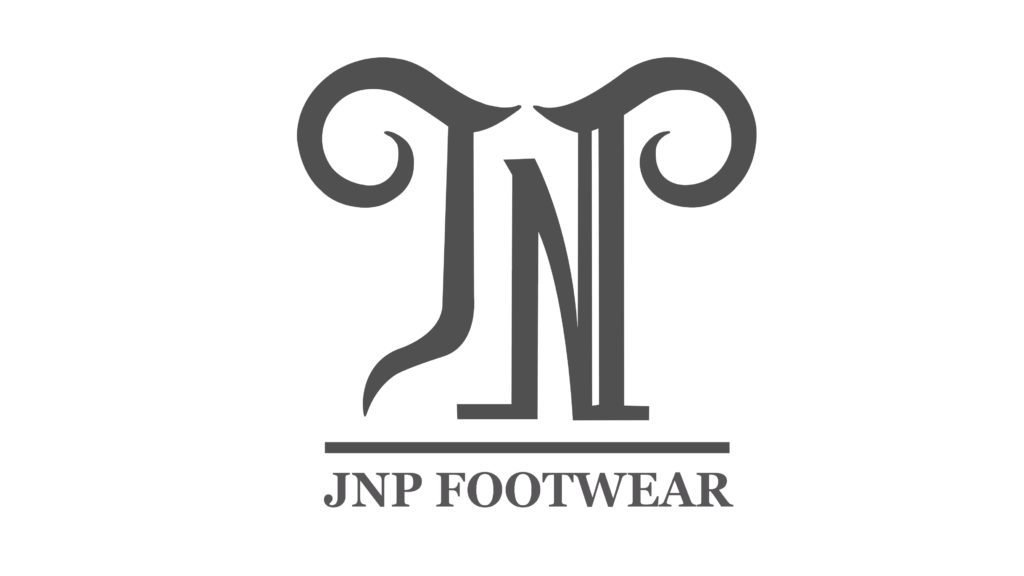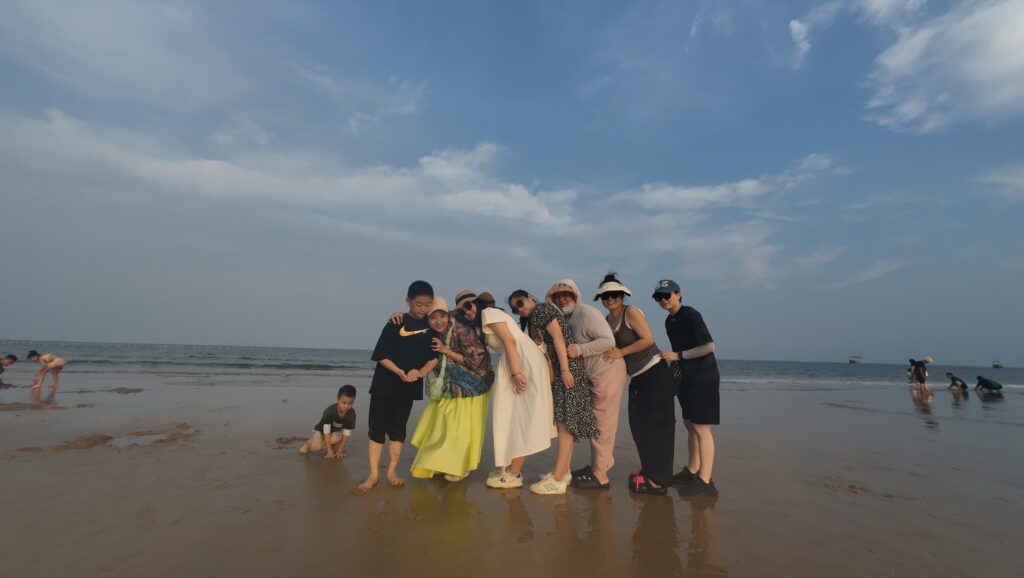Sustainability isn't just a buzzword anymore—it's a real demand. Customers want more than beautiful products. They want ethics, transparency, and materials they can trust.
The sustainable fashion movement1 is growing because more consumers want eco-conscious materials2 and ethical manufacturing from the brands they support.
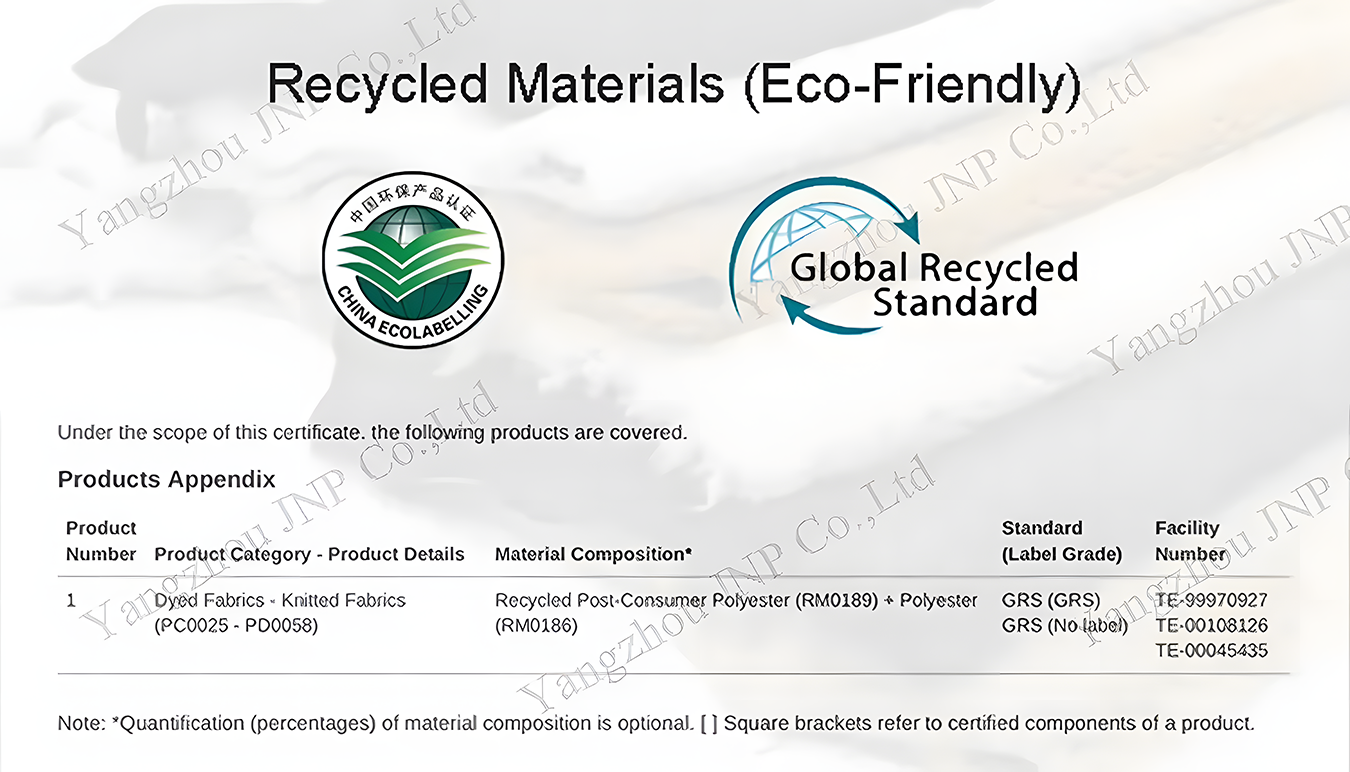
This change in the market is not temporary. I've seen it myself while working with clients in the USA, Europe, and Australia. From fashion designers to wool distributors, everyone is now asking for one thing: products that look good, feel good, and do good. Let’s look at what’s driving this shift—and how businesses like mine are adapting.
What Makes Materials “Eco-Conscious” in Today’s Fashion?
Eco-friendly claims are everywhere, but not all of them mean the same thing. Consumers are getting smarter. They now ask deeper questions about material sources, production impacts, and certification.
Eco-conscious materials2 are those that use renewable, recycled, or responsibly sourced fibers with minimal environmental harm and verified certifications.
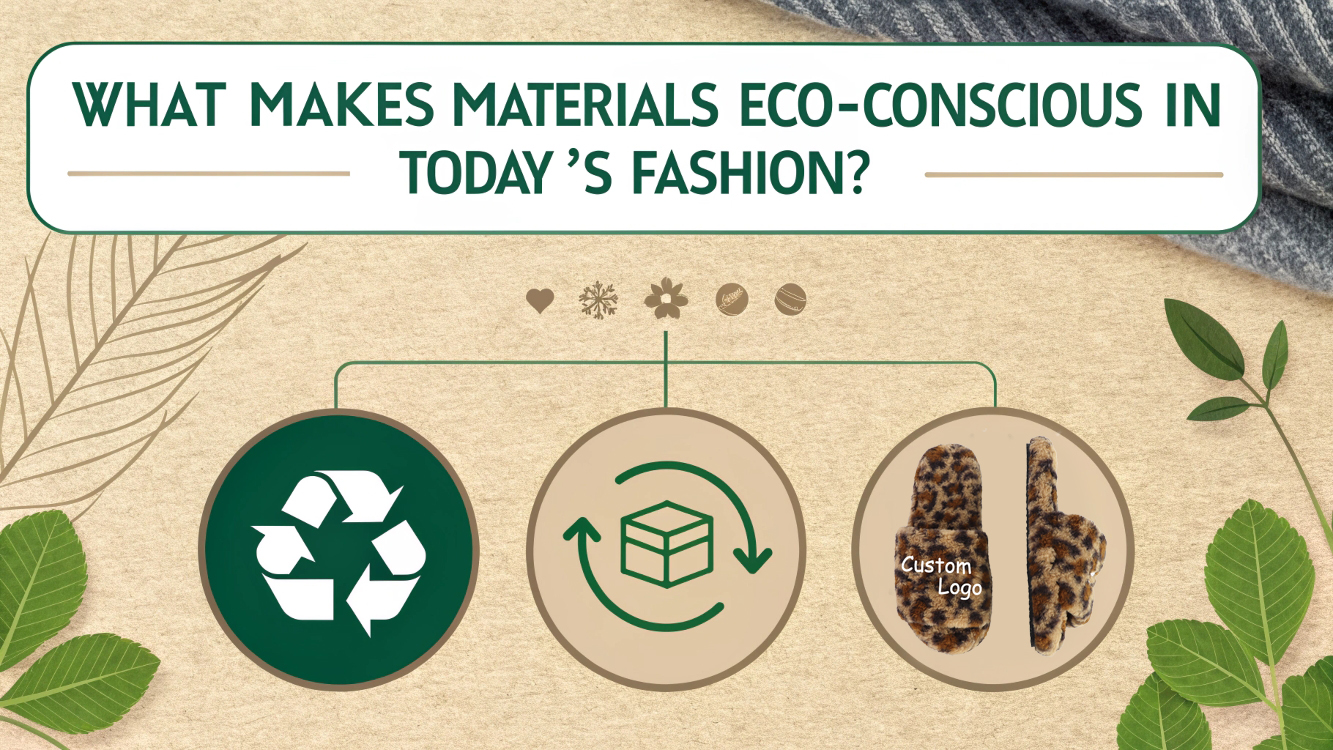
Breaking Down What “Eco” Really Means
Let’s break it down into some of the most common materials I work with and what clients are asking for:
| Material Type | Description | Common Certifications |
|---|---|---|
| Recycled Polyester3 | Made from PET bottles, reduces plastic waste | GRS (Global Recycle Standard) |
| Organic Cotton4 | Grown without pesticides or synthetic chemicals | GOTS (Global Organic Textile Standard) |
| Wool5 | Renewable natural fiber, biodegradable | OEKO-TEX, Woolmark |
| Plant-Based EVA6 | Used in slipper soles, from sugarcane derivatives | USDA BioPreferred |
These materials are not only better for the planet—they're also a response to real buyer needs. For instance, one of my clients, a designer brand in the USA, specifically asked for eco-friendly materials with credible reports before moving forward with production. They wanted proof, not just promises.
Why Are Ethical Manufacturing Practices7 More Important Than Ever?
Bad press can destroy trust in seconds. With fast fashion's dirty secrets now exposed, customers are asking: Who made my products, and how were they treated?
Ethical manufacturing7 means providing safe working conditions, fair wages, and transparent supply chains.
How Ethical Manufacturing Works in Real Life
In my business, I work with eight long-term partner factories. These aren't just names on paper—they're teams I know well. Most of them have passed audit reports8 that look at working conditions, labor policies, and material sourcing.
Here’s how we manage it:
- Audit Reports: We only partner with factories that have passed social and environmental audits.
- Production Oversight: We assign orders based on factory capacity and compliance history.
- Customization with Ethics: Even when a client needs trendy, fast-moving items, we stick to our compliance standards.
For example, our wool distributor client from New Zealand chose to move their production to China. They needed cost control but didn’t want to sacrifice ethics. That’s where we came in—we helped them find compliant factories without losing sight of their values.
What Role Do Younger Brands9 Play in Pushing This Movement?
Gen Z and Millennial founders don’t just want sustainable options—they expect them. Many small brands now build their identity around sustainability and transparency.
Younger fashion brands are leading the sustainable shift by demanding small-batch customization, fast trend response, and ethical sourcing from the beginning.
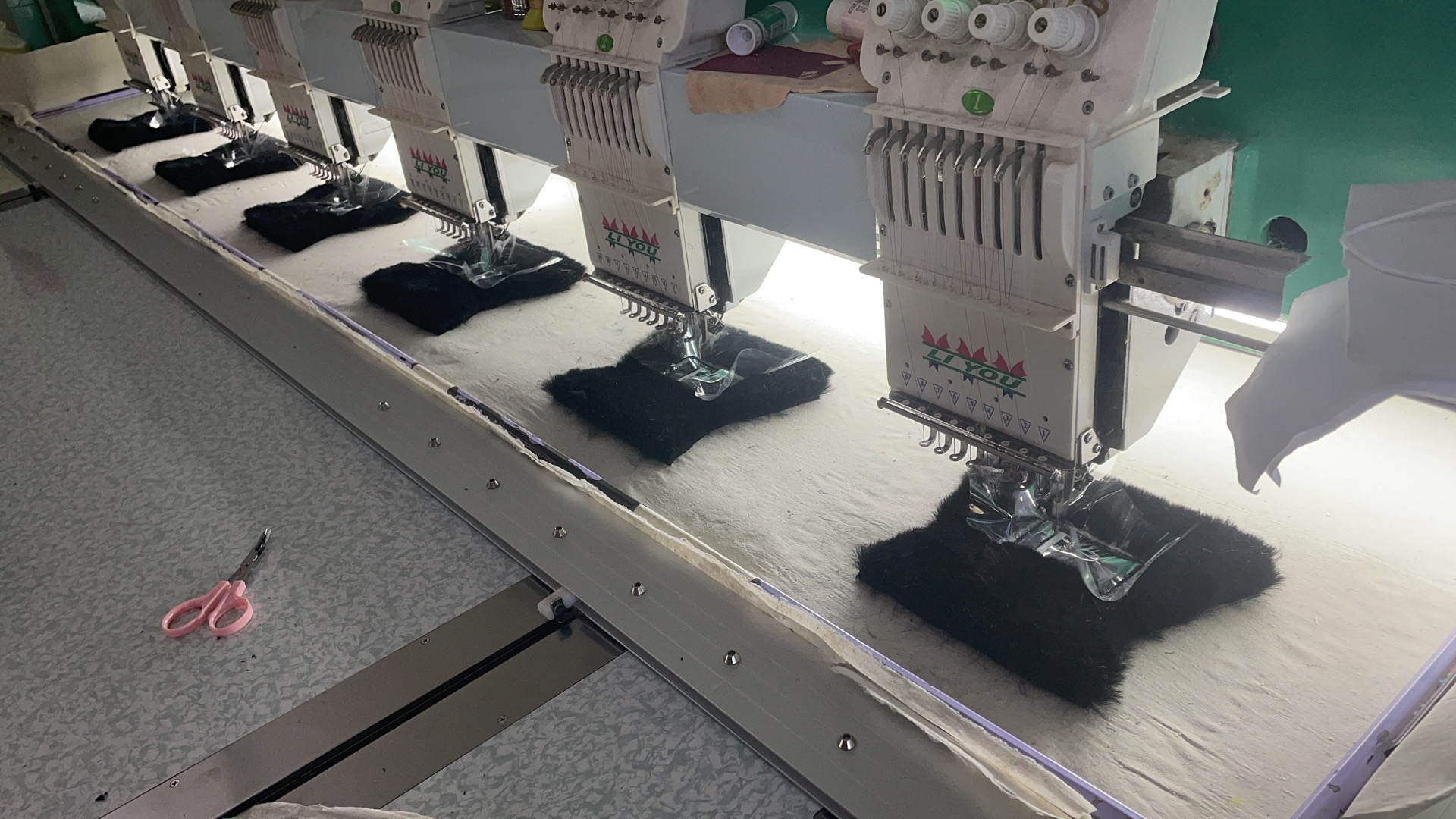
What These Trend-Driven Brands Want
One of my younger clients runs a trendy online brand in the U.S. Their biggest pain point? Finding suppliers who could accept low MOQs10 and still meet eco standards.
Here’s how we helped:
| Brand Need | Our Solution |
|---|---|
| Small Batch Custom Orders | We worked with flexible factories that accept small MOQs |
| Trendy Styles on Demand | Our R&D team adapted fast with seasonal samples |
| Brand Customization | From tags to logos, we offered full branding support |
| Eco-Friendly Options | Provided recycled material alternatives with reports |
This kind of support builds long-term trust—and keeps them coming back. They know they’re not just another order to us. We treat every brand, big or small, with the same care and attention to sustainability.
Can Sustainable Footwear Be Stylish Too?
Many buyers think that “eco-friendly” means sacrificing style. That’s no longer true. Sustainable design now walks hand in hand with trend forecasting, innovation, and comfort.
Yes—today’s sustainable footwear can be fashionable, customizable, and comfortable without compromising on materials or ethics.
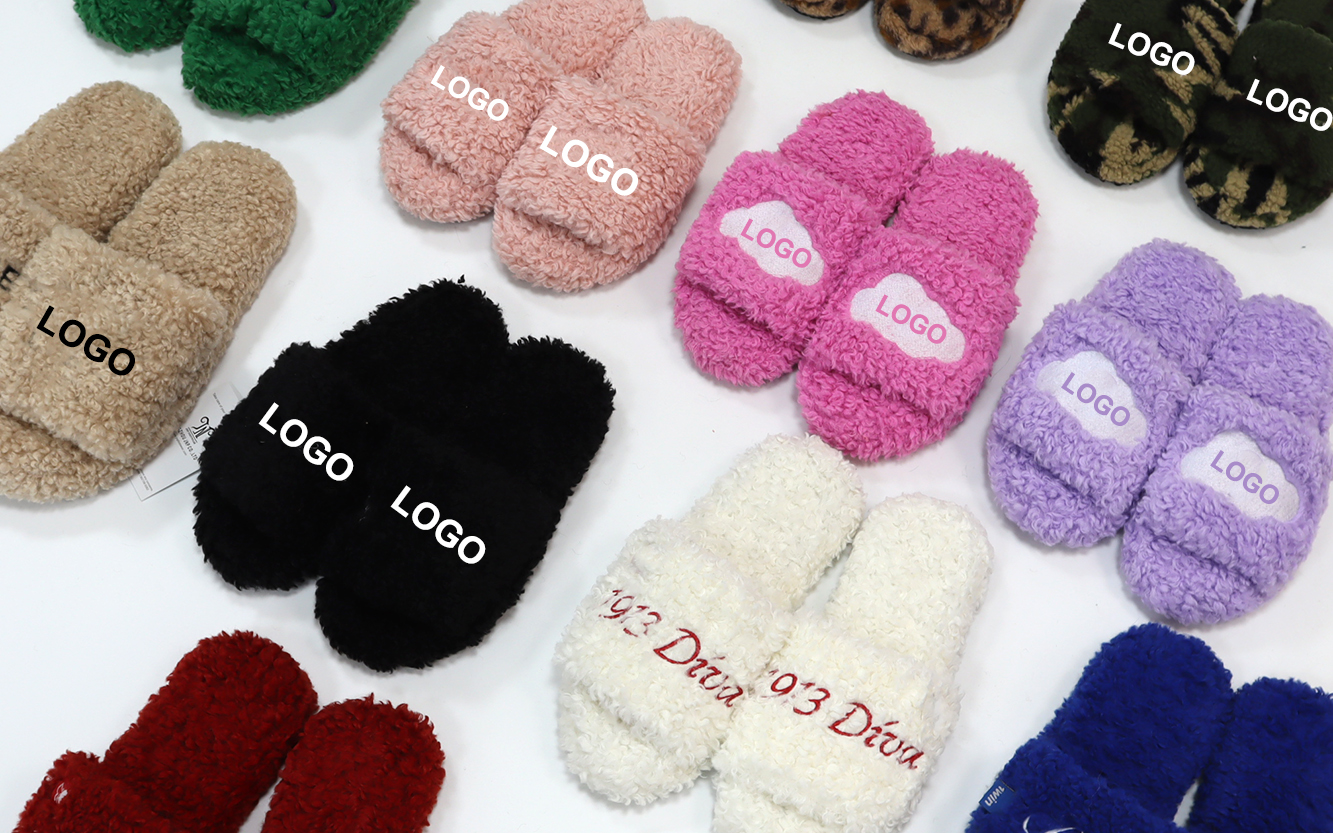
Making Sustainable Fashion Desirable
We’ve worked with brands that need everything from UGG-style slippers to Birkenstock-like wool sandals. They want:
- Vibrant colors using safe dyes
- Furry textures made from recycled fibers
- Comfort-focused soles with plant-based EVA6
- Logos and packaging that tell an eco story
By integrating these into our standard production model, we make it easier for clients to align with sustainable goals while keeping their designs fresh and stylish. One example was a capsule collection made for a high-end designer that required both 100% wool and playful seasonal prints. It sold out within weeks.
Conclusion
Sustainable fashion is no longer a niche—it’s the new standard. Brands that don’t adapt will fall behind.
Footnotes
-
Explains the broader industry and consumer trends pushing sustainable fashion to the forefront. ↩
-
Helps readers understand what qualifies as sustainable or eco-friendly material. ↩ ↩
-
Explains the importance of the Global Recycle Standard in verifying recycled materials. ↩
-
Provides insight into why Global Organic Textile Standard matters in organic textiles. ↩
-
Helps readers identify wool-related sustainability certifications. ↩
-
Details how sugarcane-based EVA is used in eco footwear. ↩ ↩
-
Defines what makes a factory or supply chain "ethical" in the fashion context. ↩ ↩
-
Explains how audits ensure transparency and compliance in manufacturing. ↩
-
Provides context on how younger generations drive sustainability trends. ↩
-
Clarifies what low MOQs are and why they matter to small fashion brands. ↩
